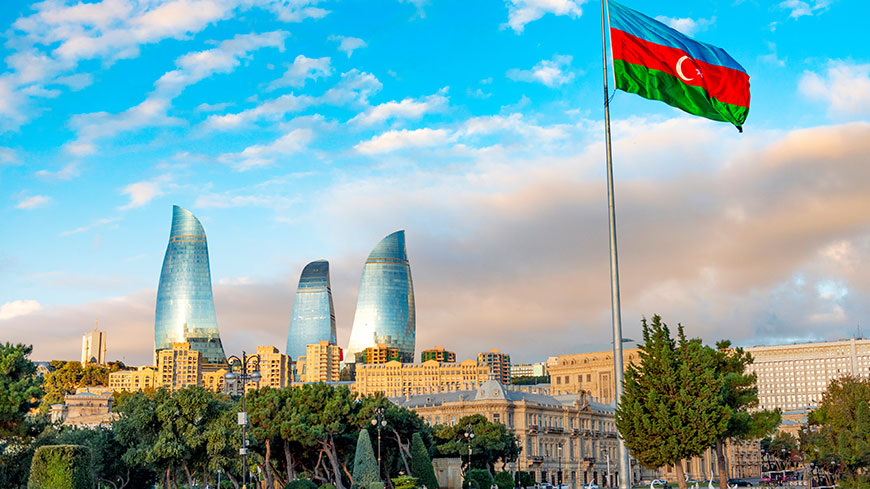In a new report published today, the Council of Europe’s Group of Experts on Action against Trafficking in Human Beings assesses developments since the publication of GRETA’s second evaluation report on Azerbaijan in November 2018 as regards the implementation of the Council of Europe’s Convention on Action against Trafficking in Human Beings.
According to the report, progress had been made in certain areas, such as further developing the legislative, institutional and policy framework for combating trafficking in human beings, raising awareness and providing training to relevant professionals. Moreover, Azerbaijan has strengthened the human and financial resources of the Assistance Centre for victims of human trafficking. GRETA also welcomes the increase in the number of sentences issued in human trafficking cases.
However, there are several areas which require improvement, according to the report. GRETA calls on the Azerbaijani authorities to take steps to improve victims’ access to legal aid and the existing compensation mechanisms. Moreover, the report stresses the need for further steps to strengthen effective access to the labour market for victims of human trafficking and to advance their socio-economic inclusion.
GRETA notes with concern the lack of proactive identification efforts in Azerbaijan, in particular among irregular migrants and asylum seekers, and urges the Azerbaijani authorities to step up their efforts to identify victims. The authorities should ensure that assistance measures, including accommodation in the state shelter for victims of trafficking, are not made dependent on the victims’ willingness to co-operate with the law enforcement authorities. Further, the report stresses the need to better protect victims and witnesses of human trafficking in order to prevent retaliation or intimidation by the perpetrators during the investigation and during and after the court proceedings.
Noting that limited progress has been achieved since the second evaluation in 2018 to prevent and combat trafficking for the purpose of labour exploitation, GRETA once again urges the Azerbaijani authorities to reintroduce workplace inspections by labour inspectors, to review their mandate to cover non-registered companies, and to ensure that adequate human and financial resources are made available to them to fulfil their mandate. In this context, the report refers to the 7 October 2021 decision of the European Court of Human Rights in the case Zoletic and Others v. Azerbaijan, which upheld the applicants’ complaints of a lack of an adequate response by the authorities to allegations that they had been subjected to human trafficking for the purpose of labour exploitation.
Furthermore, GRETA calls on the Azerbaijani authorities to build strategic partnerships with civil society actors with the aim of achieving the purpose of the Convention, and to ensure that NGOs engaged in anti-trafficking action have effective access to registration and adequate funding.
Azerbaijan is predominantly a country of origin of victims of trafficking in human beings, but is also to some extent a country of destination. According to statistics provided by the authorities, the number of victims identified in 2018-2022 was 472, an increase compared to the previous reporting period. 94% of the victims identified were women trafficked for the purpose of sexual exploitation. Only nine children were identified as victims of trafficking. The vast majority of the victims were Azerbaijani citizens exploited abroad, primarily in neighbouring countries (Türkiye, the Russian Federation, Iran). GRETA notes that the scale of human trafficking in Azerbaijan is probably higher, due to the lack of proactive efforts to detect foreign victims and victims of internal trafficking.
The Group of Experts on Action against Trafficking in Human Beings (GRETA) is an independent body which monitors the way countries implement the Council of Europe Convention on Action against Trafficking in Human Beings. All member states of the Council of Europe are bound by the Convention, as well as non-member states Belarus and Israel.




